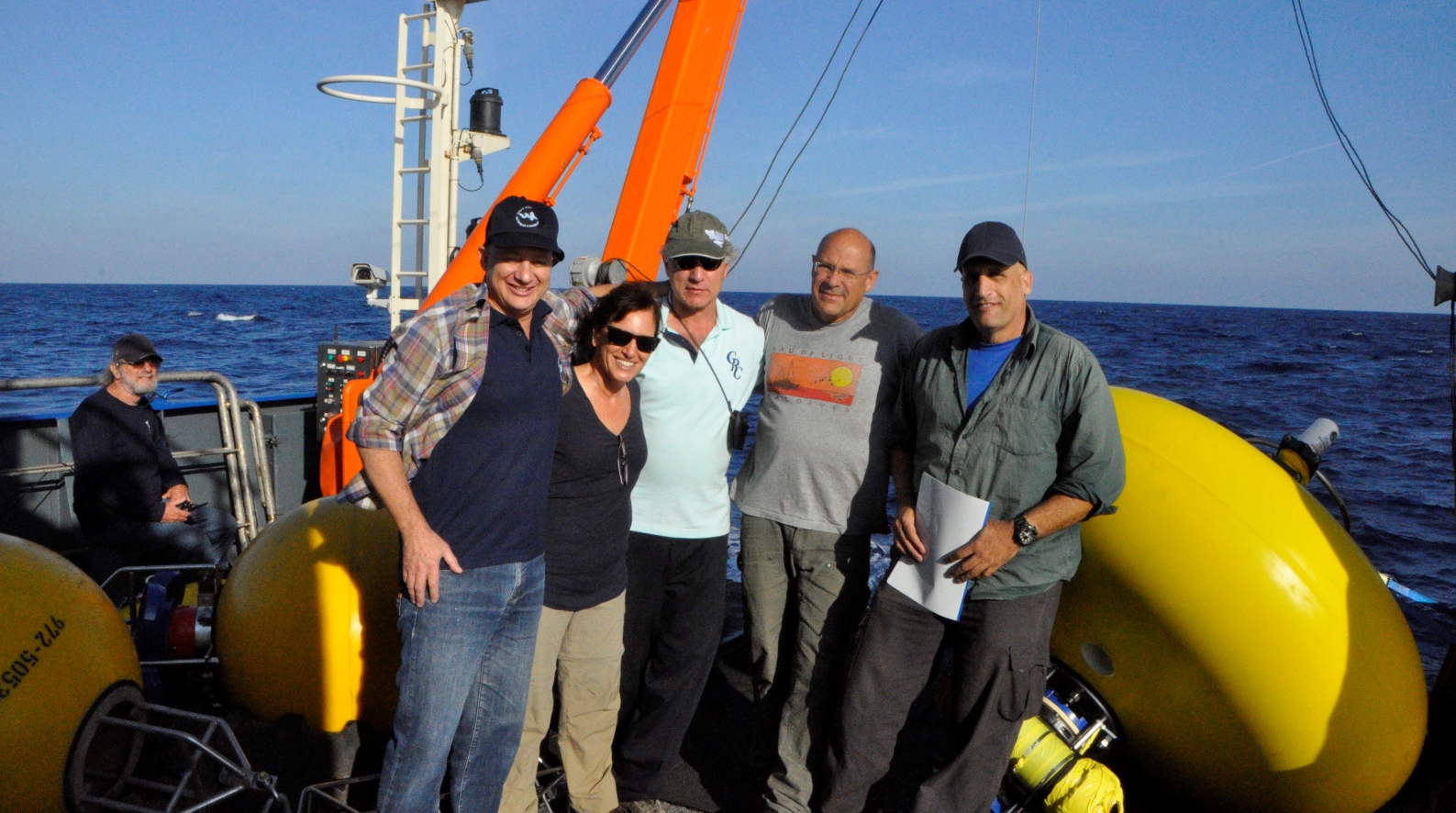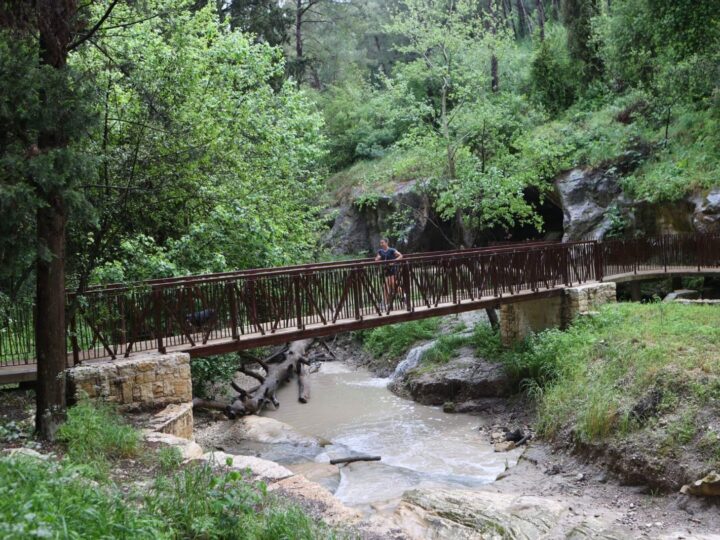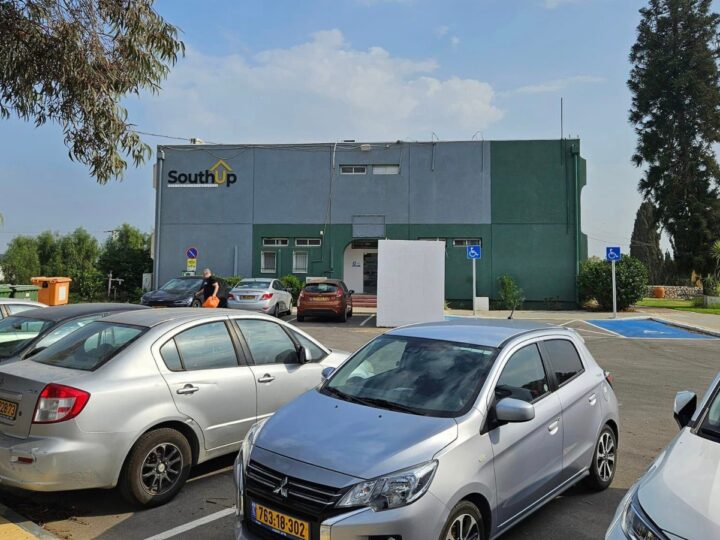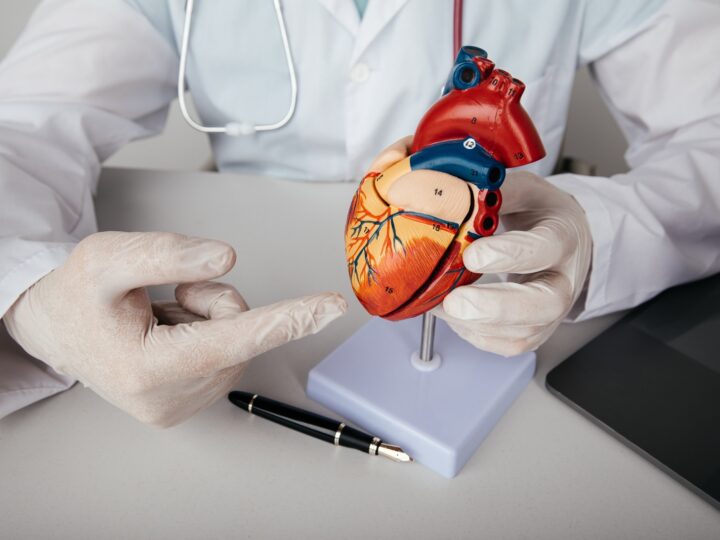Deeplev, a deep-sea marine research station moored 50 kilometers off the coast of Haifa — the first of its kind in the region – is enabling continuous study of the physical and ecological system in the eastern Mediterranean Sea.
Anchored to the seabed 1,500 meters underwater, the station contains state-of-the-art measuring instruments spread over a cable running from the seabed almost to the sea surface. Having concluded a one-year pilot, it will become a permanent fixture.
Leading the project are Profs. Yishai Weinstein and Prof. Ilana Berman-Frank of Bar-Ilan University and Prof. Barak Herut and Timor Katz of Israel Oceanographic and Limnological Research (IOLR), who are working with researchers from the Hebrew University, Tel Aviv University and the Geological Survey.
The station helps them understand the sea’s response to pollution events, for example due to leaks related to the increasing number of gas exploration and production platforms in the eastern Mediterranean. In addition, waters there are unusually warm, making it a natural lab for predicting the behavior of oceans after years of warming trends.
At a seminar held at the IOLR in Haifa to mark the conclusion of the pilot, IOLR scientist Nir Stern related a surprising finding: sediment traps placed at depths of 180 and 280 meters were completely filled with deep-sea fish called sharpchin barracudina, which have hardly been documented in the region of Israel and never reported in scientific literature.
Herut and Weinstein said the establishment of the station is a turning point in the study of the Mediterranean Sea, a highly fragile and sensitive ocean basin that has been subject to environmental stress from the digging of the Suez Canal until the drilling for offshore gas and the construction of desalination plants on its shores.
Next week a group of researchers will visit the station aboard the new IOLR-operated research vessel Bat Galim. The mooring will be released from its anchor using acoustic signals, and the cable and devices will be carefully loaded on board. After the samples and physical data are collected and studied, the station will be repositioned for another six months of sampling and recordings.
Fighting for Israel's truth
We cover what makes life in Israel so special — it's people. A non-profit organization, ISRAEL21c's team of journalists are committed to telling stories that humanize Israelis and show their positive impact on our world. You can bring these stories to life by making a donation of $6/month.









